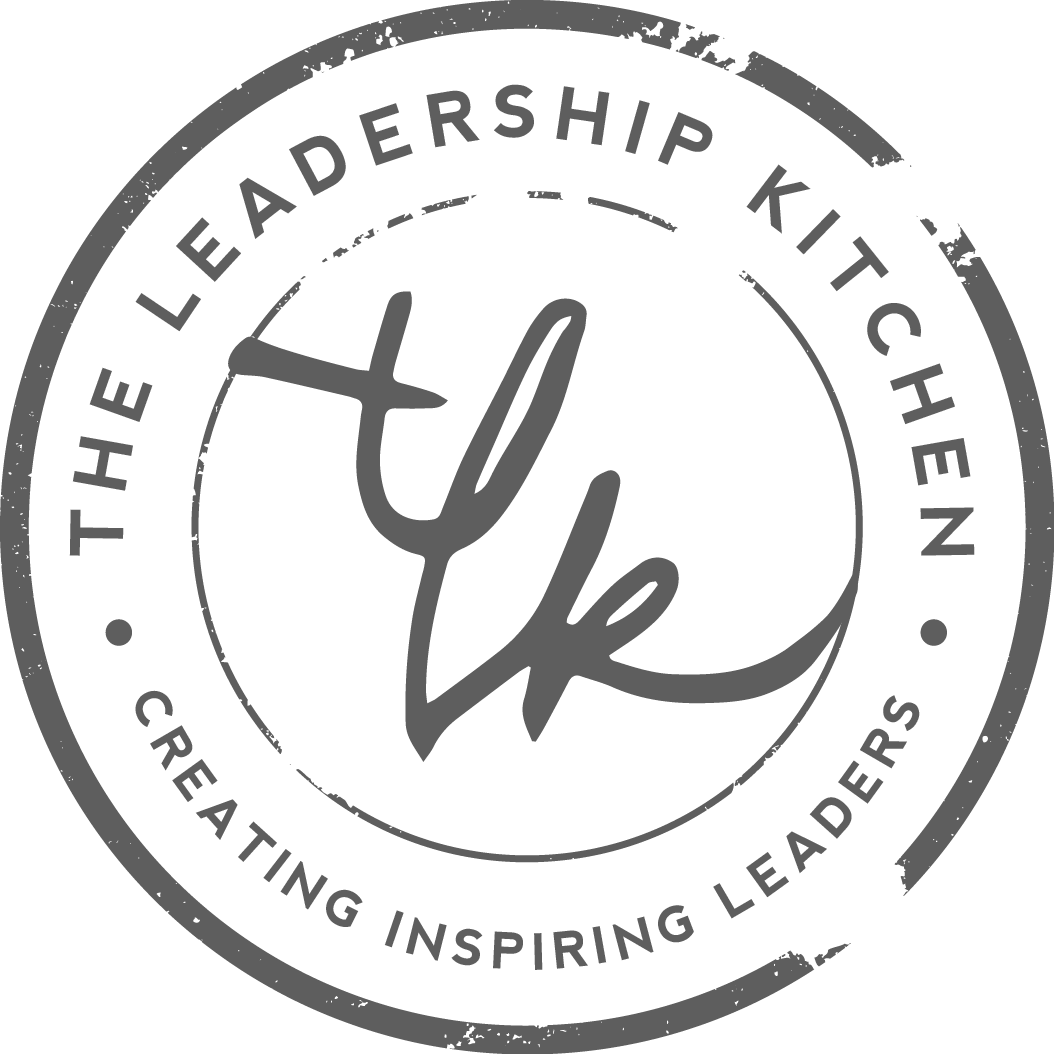When are you least likely to be your usual positive, composed self?
Could it be when you’re collaborating with a particular colleague at work? Perhaps when a hot topic is raised with a certain family member, or when you're faced with your child’s unreasonable behaviour? While our lives are filled with potential triggers, seemingly outside of our control, we can in fact overcome them and replace our reactive behaviour with positive behaviour. Best selling author Marshall Goldsmith demonstrates that anticipation, awareness and self-monitoring acts as a “magic bullet” strategy to overcome triggers.
Could you improve your response to triggers?
What are triggers?
“A trigger is any stimulus that reshapes our thoughts and actions.”–Marshall Goldsmith Triggers vary greatly from person to person, and take many forms such as a sound, smell or event. They can also be categorised in these ways: internal triggers such as thoughts or external such as habits or people; direct triggers immediately affect our behaviour, whereas indirect triggers influence our behaviour in a more roundabout way; a trigger can encourage us to continue or expand what we are doing or discourage us from what we’re doing; a productive trigger leads us closer to being the person we want to be, while a counterproductive trigger leads us further away. Simply put, a trigger sets off an impulse, which prompts a person to act.
It looks like this: trigger = impulse = behaviour.
How do triggers work?
When big moments arise we tend to pause and make considered choices, however when daily triggers strike, such as events not going to plan, our interpersonal skills can be compromised, causing us to behave in a way that doesn’t reflect our best selves. For many of us, when a trigger is pulled, our reaction happens so quickly that we forget that our behaviour is a choice. This quick reaction however, needn’t be an unconscious one. There are in fact three intervals between a trigger and our behaviour. These intervals are: impulse, awareness and choice. When we overlook awareness and choice, we surrender our power to affect the outcome of a ‘triggered’ experience.
Your strategy
Anticipation: To gain mastery over your triggers, use anticipation and planning to strengthen the intervals: awareness and choice. Ask yourself, “What are the triggers that could steer me off course?” Maybe you already practise this when it comes to foreseeable triggers like giving a presentation, or having a crucial conversation. But learning to recognise and anticipate triggers that you wouldn’t usually identify until you’re experiencing them, means you are more likely to choose to deal with them in a positive way.
Awareness: When we work on recognising triggers, we become more aware when we experience one, and are better able to anticipate potential triggers. This increase in awareness means we no longer jump from impulse to action, instead we use our awareness as an interval to make a conscious choice to adjust our behaviour. A choice that we didn't have before. We become no longer the subject of our environment, but rather a shaper of our environment.
The simple trigger pattern changes to become: Trigger = impulse = awareness = choice = behaviour
Self Monitoring: Tracking your behaviour is a quick, simple way to help you modify your behaviour. It also gets you started on identifying your triggers, revealing what behaviour you may wish to work on, and highlighting what you’re doing well, therefore helping you to shape specific behavioural goals. Track your behaviour with these four steps:
Pick a behavioural goal that you’re working toward e.g. more patience, participating more in group settings, flexible thinking, greater acceptance of others.
List the people and situations that impact your progress towards these goals.
Choose one or two triggers related to your goal. Define them e.g. internal/external, direct/indirect, encouraging/discouraging, productive/counterproductive.
Chart the triggers to see if you are on the positive or negative side of your goals.
"The major challenge of most executives is not understanding the practice of leadership–it is practicing their understanding of leadership."–Marshall Goldsmith
Remember
No matter the circumstance, we always have a choice of how to behave. Challenge yourself to start today with this strategy and continue growing into your best self.

